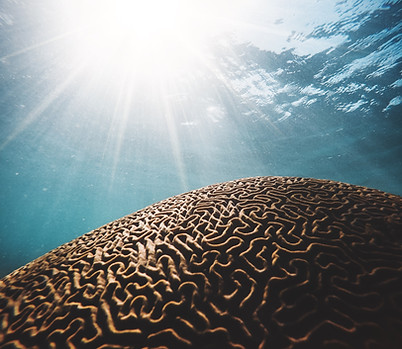Neuropsychology services
When someone has experienced a stroke, brain injury or other neurological change, it turns their world upside down. They are often navigating new physical changes and adjusting to a future that looks very different from the one they had planned. It is incredibly common for people to experience low mood, anxiety or other psychological difficulties when they are coping with neurological conditions. These can act as roadblocks in someone's recovery if they are not factored in when planning rehabilitation.
Psychologists specialising in neurological conditions understand how emotional changes interact with physical and cognitive impairments following stroke, brain injury and other neurological conditions. Our training and experience gives us a unique understanding of brain-behaviour relationships, allowing us to offer clarity to individuals who are living with these conditions and are trying to move forward with their lives. We are also well-placed to support families and any health professionals who are involved in a person's care to "oil the wheels" of the rehabilitation process, making sure that psychological obstacles do not block someone's progress.

Helping peoples' brains work for them
Since the start of my career, I have been drawn to work in neuropsychology. I have a Masters in Cognitive Neuroscience and I have worked across the full range of services in the neurology pathway including inpatient acute and post-acute, residential care, outpatient and community rehabilitation services. I love working with people and professionals in neurology and neuro-rehabilitation to understand and manage of "bumps in the road" following brain injury or illness.
What I can offer
Comprehensive assessments
Neuropsychology expertise is rooted in high quality, detailed assessments. I can conduct complex neuropsychological assessments, integrating information about cognition, adjustment, emotional state, personality and systemic factors such as relationships with family and carers. This can be used to inform a formulation of the person's current presenting difficulties and a treatment plan that can help them to move forward.
Consultation for the MDT
It is common for cognitive, emotional or relational difficulties to pose obstacles in someone's rehabilitation. I have worked with many multi-disciplinary therapists and teams to help them to think through the factors that may be causing difficulties in rehabilitation. Through effective joint working, we can often help the individual and their family to make sense of the obstacles and overcome them so that rehabilitation can progress as needed.
Treatment for emotional difficulties
I can develop a sophisticated understanding of someone's emotional state and explain this in the context of their injury or illness and where they are in their journey. This allows me to tailor treatment and use evidence-based psychological interventions to help people to manage symptoms of low mood, anxiety or other emotional difficulties.
Ongoing support for rehabilitation
Peoples' cognition and emotional responses are constantly changing as they progress through their journey after neurological illness or injury. My involvement in cases has helped individuals, families and supporting teams to optimise progress, anticipating psychological obstacles and navigating them with the person's values and wishes in mind.
